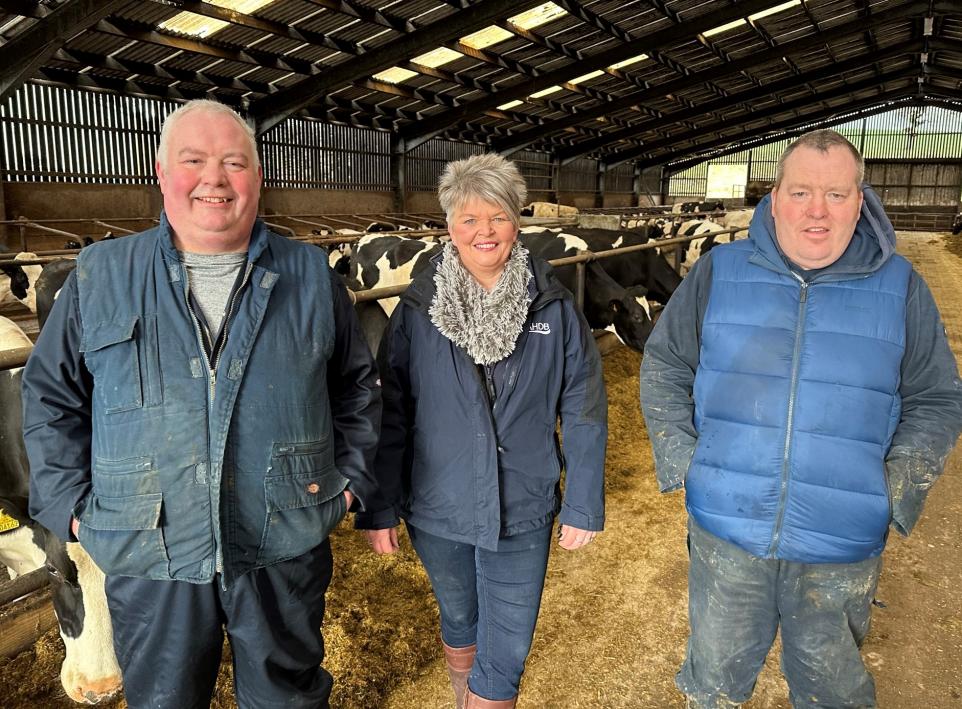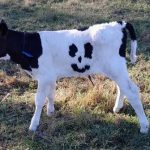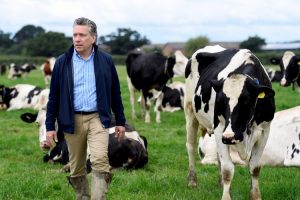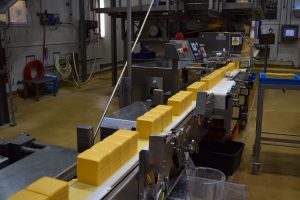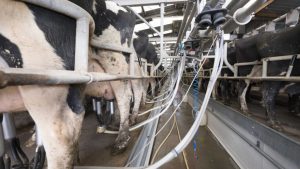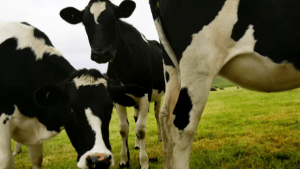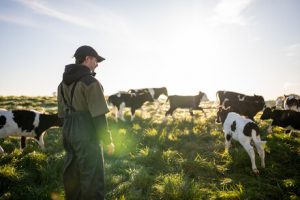
Highlighting the benefits of improved genetics, Doreen Anderson, AHDB’s senior knowledge exchange manager for dairy, said: “High-quality cows with good genetics are at the heart of profitable dairy farming, and without this, there’s a limit to herd performance, no matter how good management is.”
Marco Winters, head of animal genetics at AHDB, said farmers could easily make cows easier to manage and reduce costs by breeding for better health, improved fertility, lifespan and reduced incidences of lameness and mastitis, simply by selecting bulls that offer improvements for these genetic traits.
He added that farmers need to decide what genetic traits they are looking for before making semen purchases as the wrong decision can impact performance for years to come. Poor breeding decisions can mean the difference between profit and loss and even between the survival and failure of a business. Farms that milk record have the benefit of being able to benchmark herd genetics to assist in better breeding decisions.
Mr Winters pointed out that once better genetics are introduced, they accumulate with each generation, and the good traits become stronger. Identifying the weaknesses in a herd and breeding them out brings future improvements in herd performance.
Genomic testing is another way of improving herd genetics as be testing a young heifer, more reliable information can be used to identify the worst-performing animals, which can then be removed instead of being kept to produce milk.
Currently, only 60% of the dairy herd milk records, but there are huge benefits to such recording as AHDB can analyse the data collected to provide a genetic insight into a herd’s performance which it provides to individual farmers free of charge through their online Herd Genetic Report. The report can be used to highlight certain weaknesses, e.g. lower protein and fat content or poor mastitis index rating. Checking the data before buying semen can make a big difference in knowing what sires are the best choices.
David Guthrie, and genetics specialist Erin Boyle from Genus, also highlighted the benefits of genomic selection in a mating programme and how it can increase herd performance and make a business more profitable.
They also pointed out the advantages of the EnviroCow index – one of the first genetic indexes in the world to focus solely on breeding cows for their environmental credentials and Feed Advantage, which is incorporated in EnviroCow. It helps dairy producers identify bulls with the greatest tendency to transmit good feed conversion to their daughters. By using this index producers can reduce feed intake, which in turn leads to significant savings.
Lighter, smaller cows eat less, so reducing a cow’s stature is also important. Combining genomic testing of youngstock with the use of sexed semen will introduce better genes into a herd faster. This is important when animals with superior genetics will produce milk more efficiency, and more fertile and profitable.
